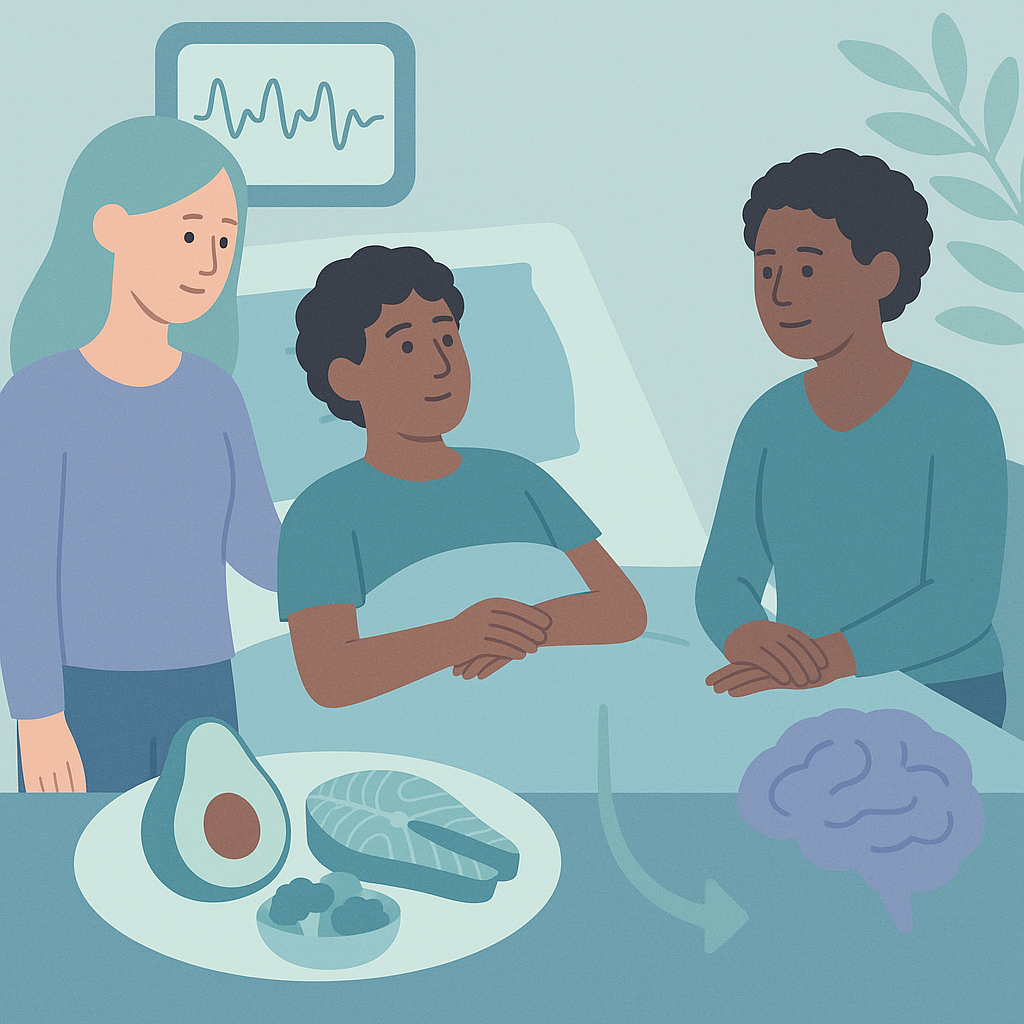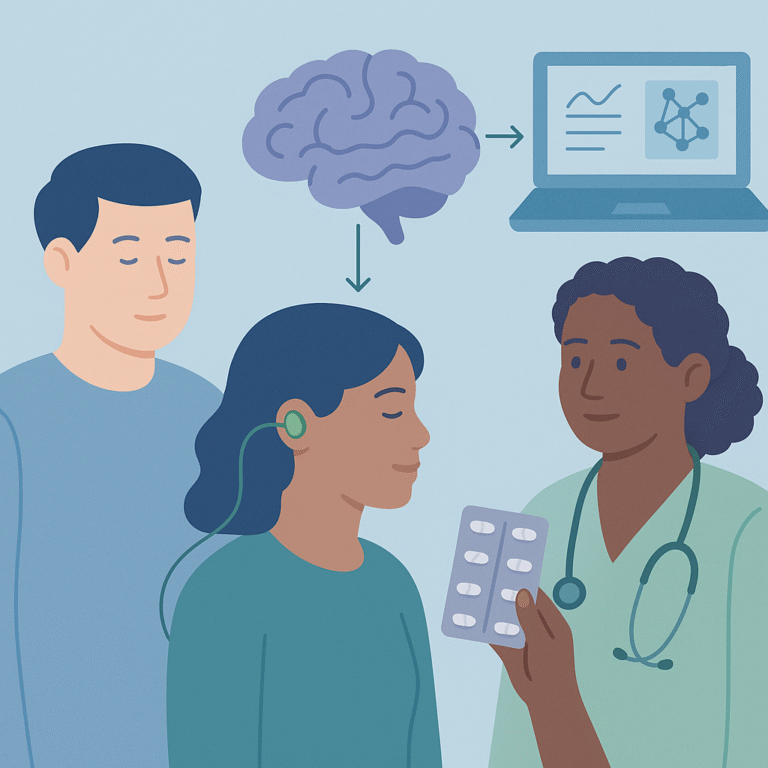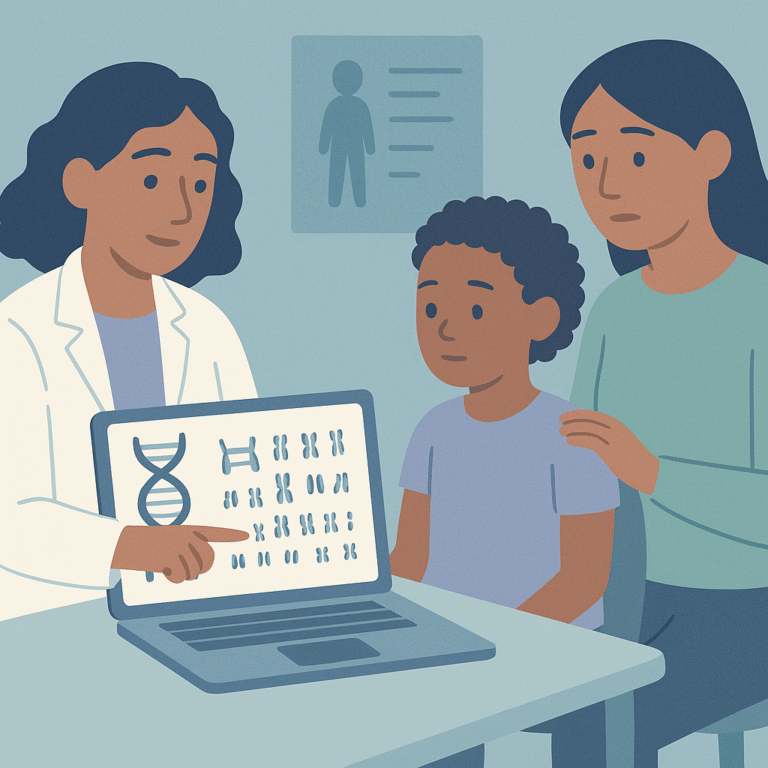Ketogenic Diets Help Reduce Seizures in Drug-Resistant Epilepsy
Source: World journal of pediatrics : WJP
Summary
A recent study looked at how effective and safe different dietary treatments are for people with drug-resistant epilepsy, which means their seizures do not respond well to medications. Researchers reviewed various studies that included both children and adults who followed ketogenic diets (KD), modified Atkins diets (MAD), and other low glycemic index diets. They focused on how these diets affected seizure frequency and other important factors like cognitive function and quality of life.
The findings showed that dietary interventions significantly helped reduce seizures by at least 50% compared to standard care, with the most notable benefits seen in children. The modified Atkins diet was particularly effective, while the ketogenic diet showed strong results for reducing seizures by 90%. However, neither diet led to complete seizure resolution. Some side effects were reported, with constipation being common with the modified Atkins diet and higher rates of respiratory infections and diarrhea associated with the ketogenic diet.
This study is important because it highlights the potential of dietary treatments for individuals who do not respond to traditional epilepsy medications, especially in children. However, the results also have limitations, such as the variability in study quality and the need for more research to better understand the long-term safety and effectiveness of these diets. Overall, while these diets can be beneficial, it is essential to approach claims of complete seizure freedom with caution.
Free: Seizure First Aid Quick Guide (PDF)
Plus one plain-language weekly digest of new epilepsy research.
Unsubscribe anytime. No medical advice.





